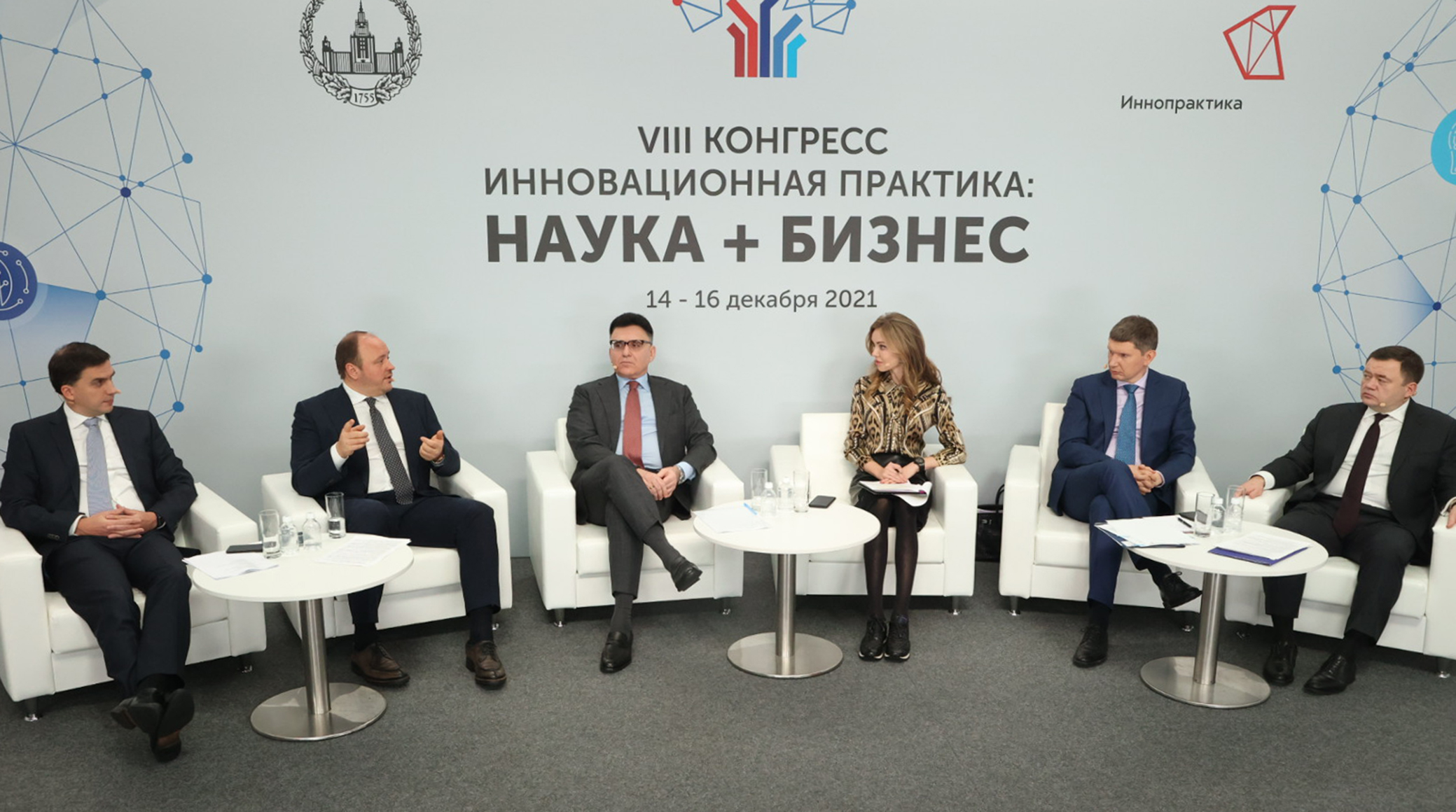The VIII “Innovative Practice: Science Plus Business” Congress opened on December 14. The event is organised by the Moscow State University and Innopraktika non-governmental development institute.
A plenary session called “COVID-19 as a catalyst for creating a new global value system within society and the economy” was the first event at the Congress. Gazprom-Media Holding CEO Alexander Zharov spoke at the session.
As part of the discussion, the speakers discussed how COVID-19 changed global society and became a catalyst for the creation of a post-coronavirus era. That is, an era of changes in the global value system within society and the economy, adapted to that globalisation.
Speaking about the values that are transmitted through the media, Alexander Zharov noted that the pandemic led to inevitable changes in media consumption habits. The pandemic led to the self-isolation of millions of people around the globe as well as the switch to remote work for about 30% of company employees, and now dictates new rules of the game to media, Internet companies and content distributors. The consumption of information through television and Internet grew exponentially during the pandemic. Thus, we have arrived at a situation where in addition to the ‘traditional’ evening primetime from 18:00 to 22:00, we now have a daytime primetime as well. This required TV channels to change their approach to programming. Moreover, there has been a noticeable, rigid segmentation of age groups across the different platforms. While people over 50 years old tend to watch more traditional TV, the younger generations prefer a variety of platforms and online content. It is also worth noting that family television viewing is growing in Russia and so is the demand for such content.
Gazprom-Media Holding has seven of its own production entities that create content for all kinds of media platforms. Another fundamentally important change is worth noting here. The client takes centre stage today and content is becoming more personalised and viewer-oriented.We are able to offer viewers information that they are personally interested in across all media environments thanks to the knowledge we have gathered about our viewers and the accurate profiling and targeting that we use.
